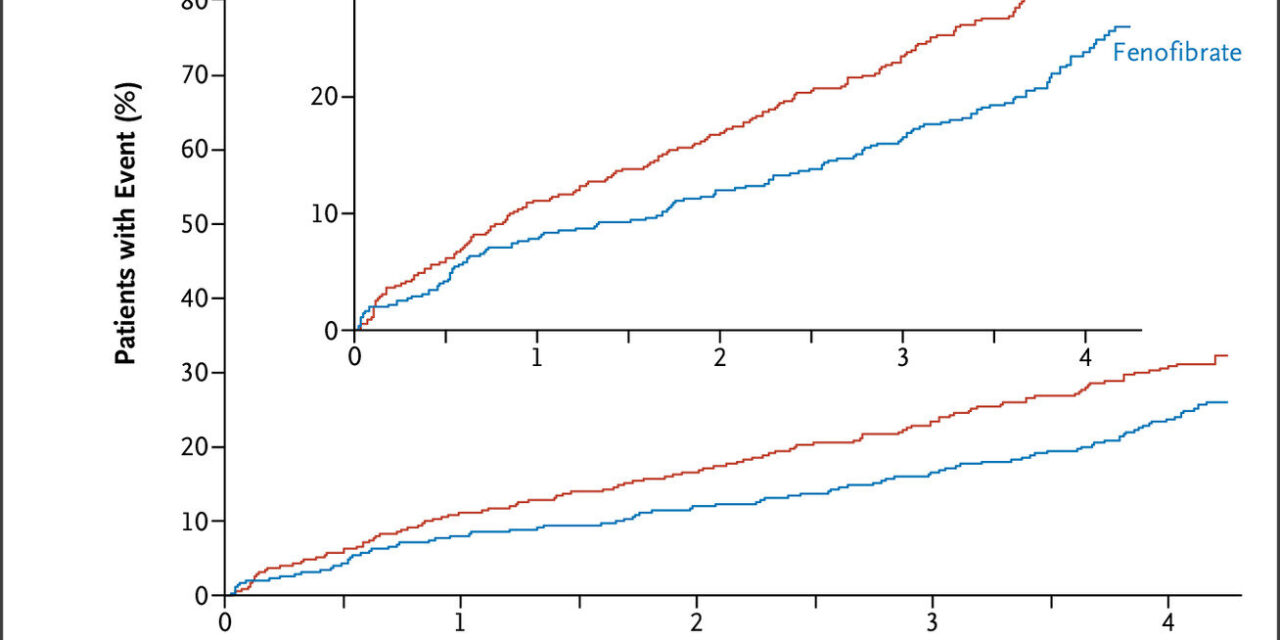A recent clinical trial has revealed that fenofibrate, a drug traditionally used to lower cholesterol, can significantly slow the progression of diabetic retinopathy, a common and severe eye disease among people with diabetes. The LENS (Lowering Events in Non-proliferative retinopathy in Scotland) trial, coordinated by Oxford Population Health, demonstrated a 27% reduction in the risk of disease progression in participants taking fenofibrate compared to those on a placebo. The findings were announced at the American Diabetes Association Scientific Sessions and published in NEJM Evidence.
Diabetic Retinopathy: A Growing Concern
Diabetic retinopathy, caused by damage to the small blood vessels in the retina, is one of the leading causes of visual loss globally. It is the only major cause of vision impairment that has increased in prevalence in recent decades. Effective management of blood glucose levels can help mitigate the risk, but achieving optimal control is challenging for many, necessitating additional treatment options.
The LENS Trial
The LENS trial included 1,151 adults with type 1 or type 2 diabetes in Scotland, all of whom had early to moderate diabetic retinopathy. Participants were part of the national routine diabetic eye screening program and were randomly assigned to receive either fenofibrate or a placebo. Over four years, those taking fenofibrate showed a significantly lower risk of needing referral for specialist care or treatment for diabetic retinopathy or maculopathy, a condition that can lead to vision loss. Additionally, fenofibrate users had a reduced risk of developing macular edema and requiring treatment for retinopathy.
Expert Insights
Dr. David Preiss, Associate Professor at Oxford Population Health and lead author of the study, emphasized the importance of finding simple, widely applicable strategies to combat diabetic retinopathy. “Good control of blood glucose is important but this is very difficult to achieve for many people, and there are few other treatments available. Fenofibrate may therefore provide a valuable addition to treat people with early to moderate diabetic retinopathy,” Dr. Preiss said.
Participant Experiences
Participants in the trial found the process straightforward and were motivated by the potential to contribute to future advancements in diabetic care. Melville Henry from Leven shared, “Taking part in the trial was very easy; there was nothing to it really. I just had to follow the instructions and take the study tablets.” Linda Gillespie from Kirkcaldy added, “It was really important to me to take part in research because without trials like LENS we can’t move forward. The results of the trial might not help me but it might help someone else in the future.”
Future Implications
Dr. Lucy Chambers, Head of Research Communications at Diabetes UK, highlighted the significance of these findings for diabetic patients. “Eye problems are a frightening and too frequent complication of diabetes. But acting early can stop the first signs of damage progressing into devastating sight loss. We’re excited by the positive results from this major trial of a new treatment to slow progression of eye damage, which has the potential to benefit many people with diabetes in the U.K.”
The study, titled “Effect of Fenofibrate on Progression of Diabetic Retinopathy,” provides a promising outlook for fenofibrate as a treatment for diabetic retinopathy, offering hope to millions affected by this debilitating condition.
More Information
For further details, refer to the published study: David Preiss et al, “Effect of Fenofibrate on Progression of Diabetic Retinopathy,” NEJM Evidence (2024). DOI: 10.1056/EVIDoa2400179.












